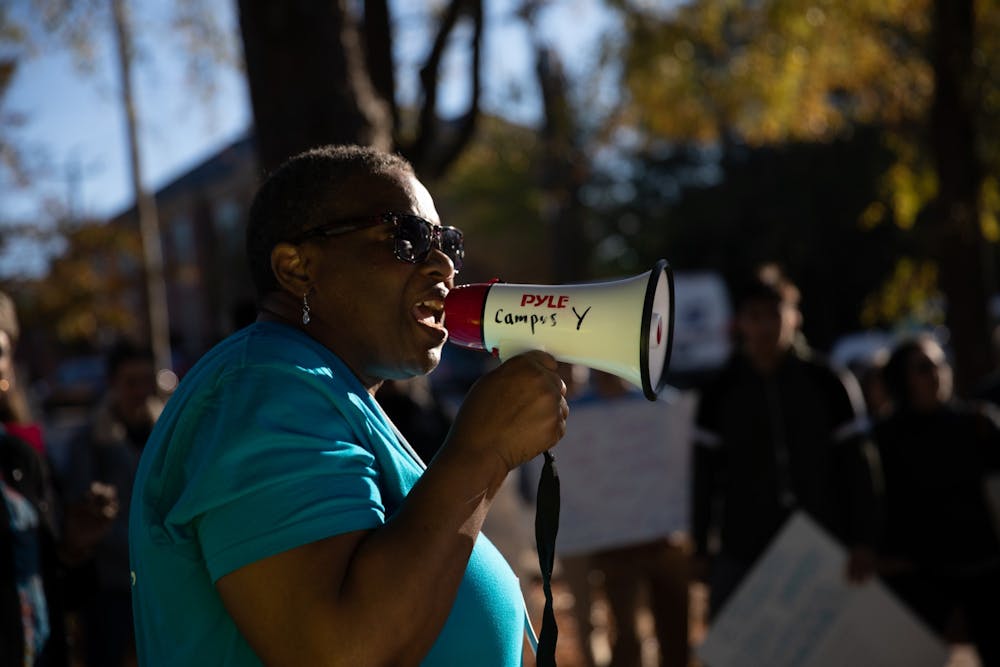The Chapel Hill Town Council was presented with a new affordable housing framework that focuses on preserving and sustaining affordable housing.
At its Oct. 30 meeting, Nate Broman-Fulks, affordable housing manager for the Town of Chapel Hill, introduced a draft preservation strategy framework. According to the staff presentation, the preservation strategy hopes to allow residents to stay in their community, maintain socioeconomic diverse neighborhoods and be cost-efficient.
Broman-Fulks said preservation includes activities that maintain the affordability of existing housing.
“The town has been implementing and working with our partners to implement preservation efforts for quite a while now,” Broman-Fulks said at the meeting. “These have typically included homebuyer subsidies, repair or renovation work, rental utility assistance and housing displacement assistance.”
According to the Town, one of the Town Council’s 2020-22 strategic goals and affordable housing objectives is to implement an affordable housing preservation strategy.
This particular strategy was formed on research regarding strategies established by communities nationwide and is organized around three key objectives: preserve affordable housing, improve or maintain quality of affordable housing and support tenant protections for households at risk of displacement.
Supporting affordable housing at risk of development through local preservation loan funds, resident-owned communities and an early warning system could help preserve affordable housing, according to the draft.
“We look to create an early warning system that would utilize local data and help us anticipate when subsidized housing is coming up on the end of the period of affordability, when those restrictions would be expiring,” Broman-Fulks said at the meeting. “It could be working to identify naturally occurring affordable housing, where the privately owned market housing that is by way of lower rent or purchase prices is naturally affordable.”
At the meeting, Chapel Hill Town Council member Karen Stegman said she liked the early warning system idea but suggested an eviction prevention strategy.




